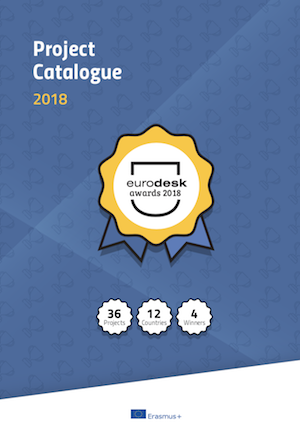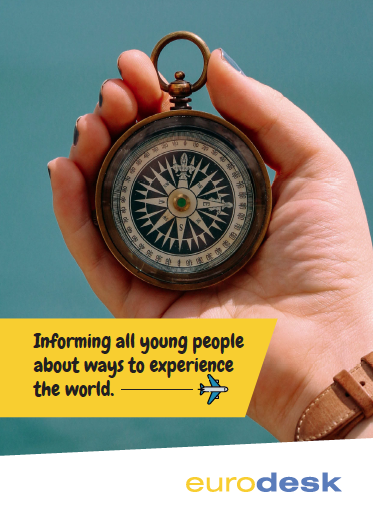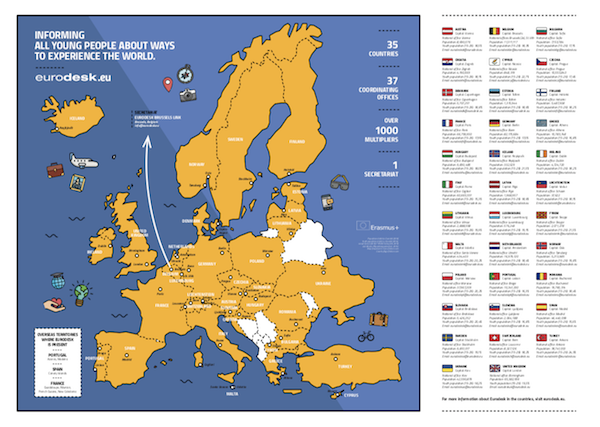Facts
The prerequisite for participation in society is access to information. Young people who are in transition to adulthood have to make decisions that will have a significant impact on their lives. Having equal access to quality and free information is a prior condition for them to make use of their rights; to make responsible decisions; and to participate in the social, economic and political dimensions of society.
Youth information was derived in 1960 as a service that would support and guide young people in making important decisions. It was unique in the way that it addressed young people, in a youth-friendly language, through channels and settings that would speak to them and that would take into account their transitioning in life.
Youth learning mobility is a concept that has become more and more popular since the implementation of Erasmus+ and international mobility schemes. The term 'Learning mobility in the field of youth' refer to the mobility of young people across countries, inside and outside Europe, in formal and non-formal learning settings, mostly carried out in frames of exchange programmes. Learning mobility has shown to be one of the most effective ways to empower young people by providing them an opportunity to learn in different cultural contexts, develop valuable personal skills and professional competences and enhance their autonomy and responsibility.
Although no comprehensive statistics exist stating the total number of young Europeans that participate in a learning and volunteering experience abroad, the opportunities that exist today only reaches a small minority of the youth population. The information about existing opportunities is still limited and young people are often not fully aware of their options and how to access them. What however is known is the impact that learning mobility has on young people and several policy priorities emphasises the specific importance of:
- Learning mobility in developing transversal skills and competences
- Accessing and navigating information as a way to exercise critical thinking
- Intercultural exchanges in promoting democratic values, fundamental rights, social inclusion and non-discrimination
- Participating in shaping future societies in which they will continue to live
Eurodesk has since its inception in 1990, promoted the value of learning mobility in empowering young people at an age that is significant to their development. With the mission to raise awareness among young people on mobility opportunities in order to encourage them to become active citizens, Eurodesk informs, reaches out to, guides, supports and motivates millions of young people in 34 countries in Europe.
Eurodesk works together with over 1000 local, national and European stakeholders. They are central in reaching out to young people; improving and providing information about mobility opportunities to young people; and creating and implementing policies for and with young people for a more inclusive and participative Europe.
Faché Willy, The history of youth work in Europe : relevance for today's youth work policy. (2012)
Eurodesk, Eurodesk Annual Overview. 2016
European Commission, An EU Strategy for Youth – Investing and Empowering A renewed open method of coordination to address youth challenges and opportunities. (2009)
European Union, Declaration on Promoting citizenship and the common values of freedom, tolerance and non-discrimination through education. (2015)
European Union, 2015 Joint Report of the Council and the Commission on the implementation of the strategic framework for European cooperation in education and training (ET 2020) New priorities for European cooperation in education and training. (2015)
Council of Europe, Learning mobility in the field of youth. [online] Available at: http://pjp-eu.coe.int/en/web/youth-partnership/learning-mobility (2017)
Council of Europe, Recommendation No.R (97) 3, Of the committee of ministers to the member states on youth participation and the future of civil society. (1997)






